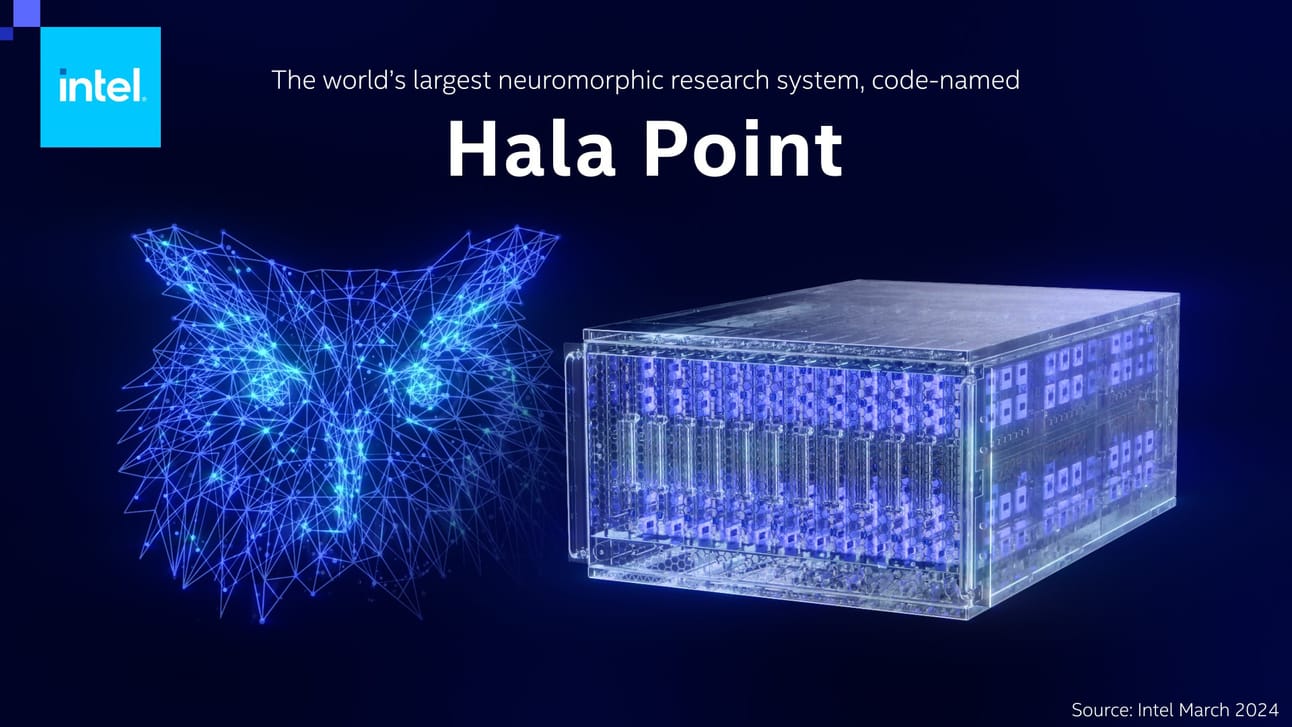Join Now | Advertise

WELCOME, AI LOVERS
In today’s AI Decode →
GPT-4 can now Hack Websites
FDA Clears Cancer Detecting AI Tool
World's Largest Neuromorphic research system
7 New Research
More AI & tech Stories
Cybersecurity
GPT-4 can now Independently Hack Real Websites

Researchers from the University of Illinois Urbana-Champaign have discovered that OpenAI’s GPT-4 can autonomously exploit real-world security vulnerabilities when given CVE advisories describing the flaws
Decoding the Details :
Researchers found that GPT-4, combined with automation software, can successfully exploit real-world security vulnerabilities by reading CVE advisories.
GPT-4 outperformed other language models and open-source vulnerability scanners, exploiting 87% of tested vulnerabilities.
As AI models advance, they may make exploitation easier and more accessible, prompting the need for proactive security measures.
Paper here

FDA approves Scopio Labs’ innovative diagnostic tool, empowering clinicians to identify signs of cancer in bone marrow more efficiently and accurately.
Decoding the Details :
Scopio’s FF-BMA tool automates the detection and visualization of hematopoietic cells, enabling faster and more reliable diagnoses.
The AI-powered platform allows secure remote collaboration among clinicians and hematopathologists, enhancing the diagnostic process.
By streamlining workflows and reducing operational costs, this technology aims to improve patient care amid the increasing prevalence of hematologic conditions.

Intel has unveiled Hala Point, the world’s largest neuromorphic computer system modelled after the human brain, designed to support researchers in building next-generation AI models.
Decoding the Details :
Hala Point contains 1,152 Loihi 2 processors, supporting up to 1.15 billion neurons and 128 billion synapses, achieving up to 20 petaops while using 100 times less energy than conventional hardware.
The system aims to enable real-time continuous learning for AI applications such as AI agents, large language models, and smart city infrastructure management.
Neuromorphic computing focuses on building systems that mimic the human brain’s neural plasticity, potentially leading to more efficient and adaptable AI technologies.
🧰 AI Tools
Grimo AI merges Obsidian, GitHub, and Quora, offering a unified platform for knowledge organization, sharing, and learning.
Parny is an AI incident on-call management tool with a social media-style interface. It centralizes alerts, enables real-time calls, and fosters team collaboration.
Direqt integrates AI chatbots into websites for personalized engagement. Conversations drive on-site time, revenue, and user loyalty, enhancing brand differentiation.
DocsHound is a knowledge base software tailored for the AI era. Simplifies documentation processes with modular editing, no-code publishing, and AI-enhanced content creation.
INFINITY AI Type a script. Get a movie out.
🧬New Research
arXiv is a free online library where researchers share pre-publication papers.
📑Phi-3 Technical Report: A Highly Capable Language Model Locally on Your Phone
📑The Instruction Hierarchy: Training LLMs to Prioritize Privileged Instructions
📑How Good Are Low-bit Quantized LLaMA3 Models? An Empirical Study
📑FlowMind: Automatic Workflow Generation with LLMs
📑A Multimodal Automated Interpretability Agent
📑Tencent AI Lab Developed AlphaLLM: A Novel Machine Learning Framework for Self-Improving Language Models
📑LLM Agents can Autonomously Exploit One-day Vulnerabilities
🌐More Stories
Microsoft hires Former Meta executive Jason Taylor is joining Microsoft’s AI supercomputing team will take on the role of corporate vice president.
Meta opens Quest OS(operating system) to third parties, including ASUS and Lenovo. Meta says it's also working on a limited-edition Xbox "inspired" Quest headset
Alethea AI launched its emotive and expressive AIs on Coinbase’s BASE blockchain to bring AI agents to creators, consumers and businesses.
80% of AI decision makers are worried about data privacy and security.93% of U.S. businesses lack a comprehensive governance framework for GenAI, and the majority are at risk of noncompliance when it comes to regulation.
Microsoft to forge AI partnerships with South Korean tech leaders. set to host top executives from South Korea’s leading technology firms next month to strengthen its AI partnerships.
Google DeepMind published a research paper that proposes language model called RecurrentGemma that can match or exceed the performance of transformer-based models while being more memory efficient, offering the promise of large language model performance on resource limited environments.
Thanks for reading.
Catch you next time
